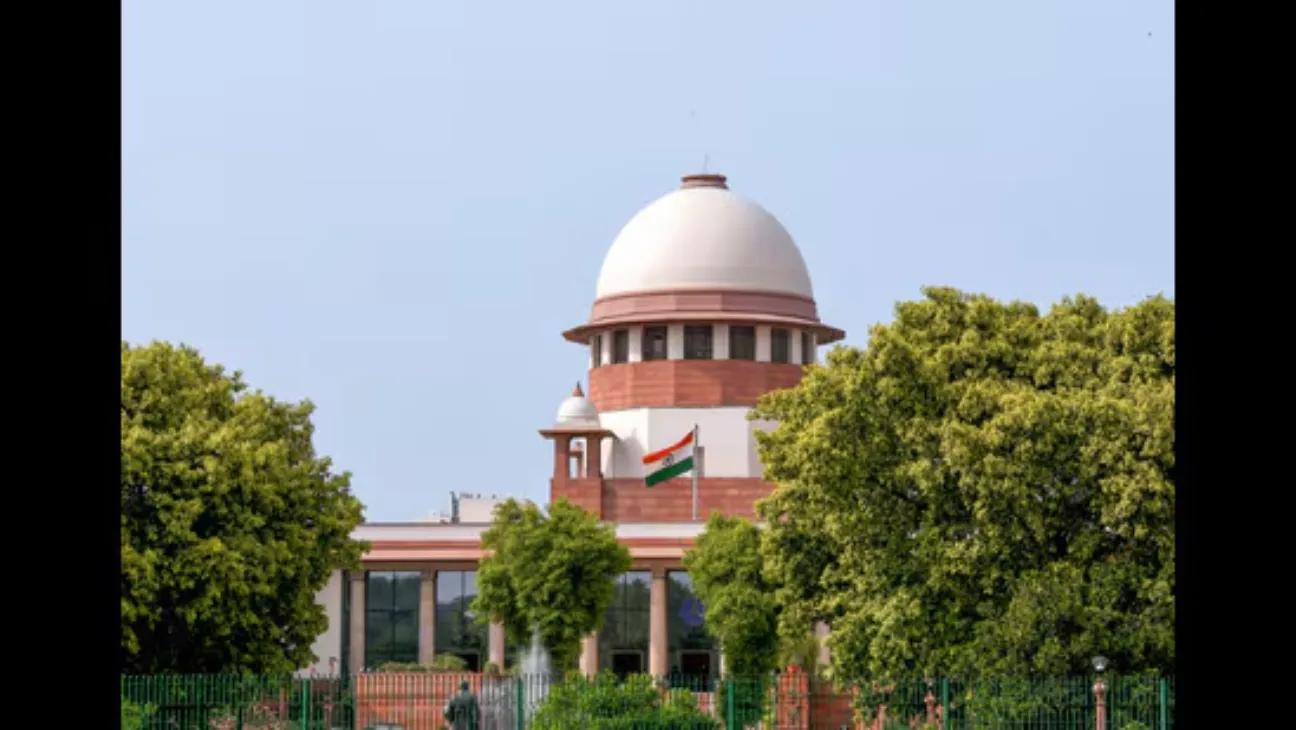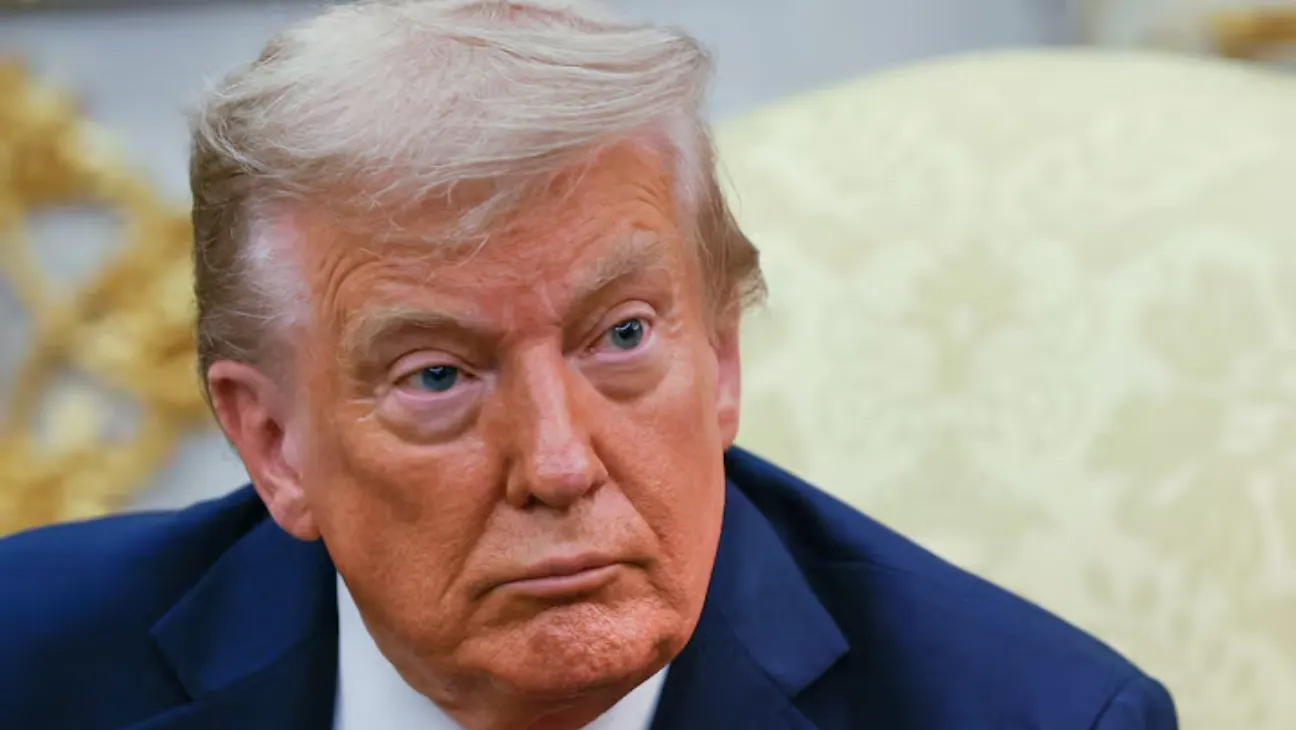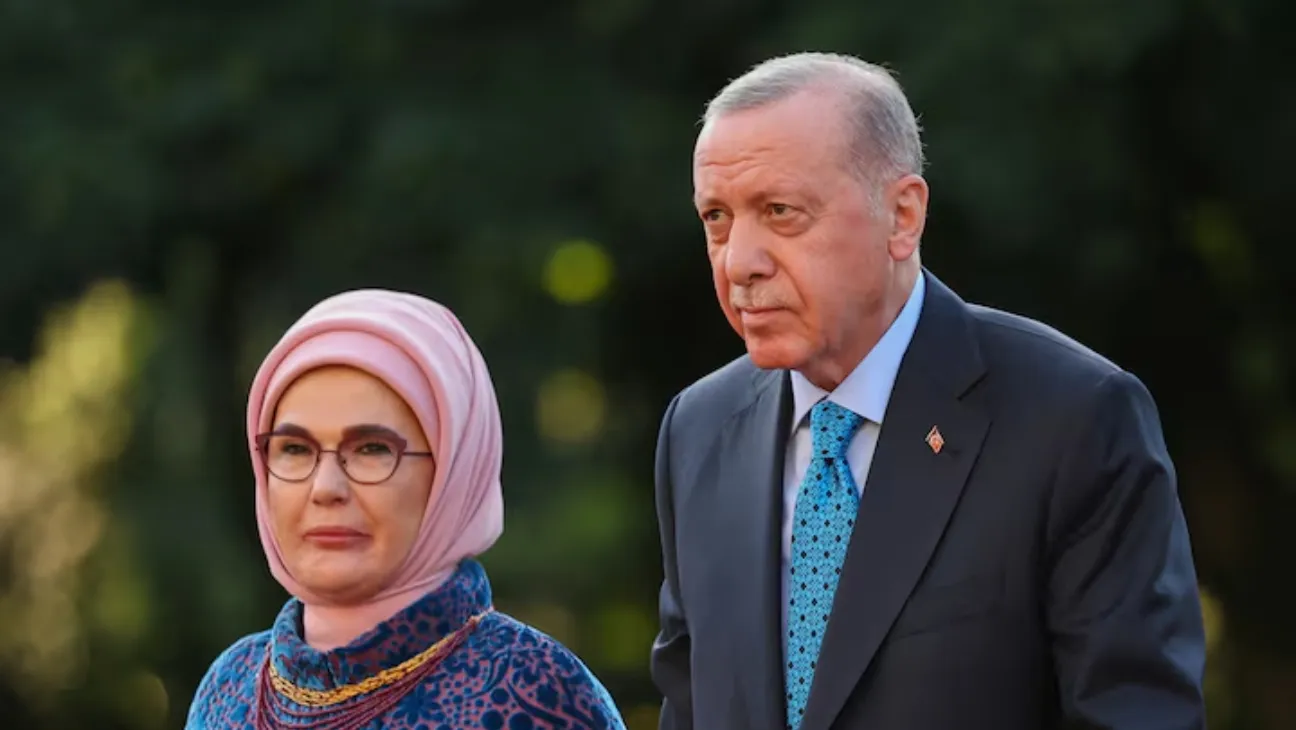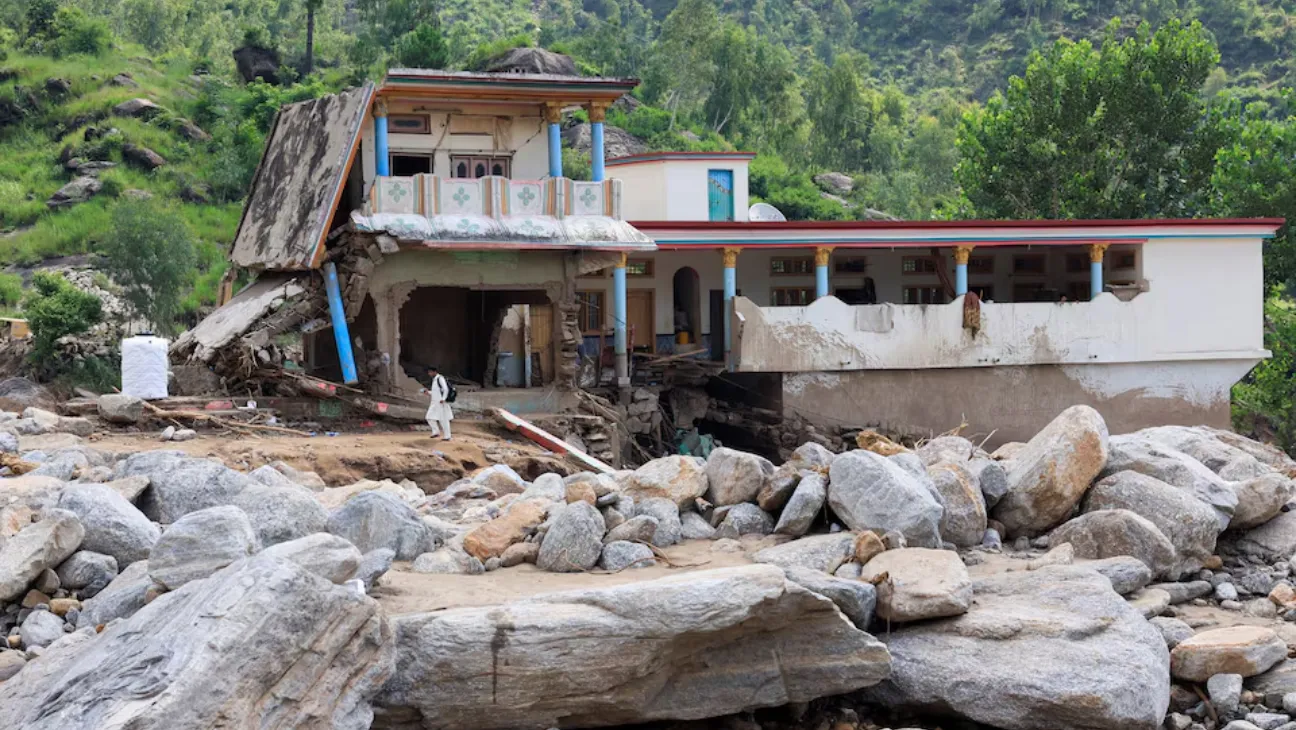The Supreme Court on Monday issued notice to the Madhya Pradesh government over a plea by former SIMI chief Safdar Nagori, who is seeking clarity on whether a stay on India’s sedition law is holding up his appeal in the High Court.
Nagori was convicted in 2017 by a district court along with 11 others, receiving a life sentence for alleged involvement in anti-national activities and illegal possession of arms, ammunition, and explosives. His arrest, made by a Special Task Force in March 2008, was followed by years of trial leading to the harshest penalties.
His legal team now argues that the Madhya Pradesh High Court has halted proceedings on his appeal because of a 2022 Supreme Court directive that suspended all sedition-related trials and appeals under Section 124A of the Indian Penal Code. That order came while the top court began reviewing the constitutionality of the law.
What’s Holding the Case Back?
On May 15 this year, as arguments in Nagori’s appeal neared conclusion, the High Court paused the matter. Judges cited uncertainty over whether the sedition stay also applied to cases where sedition is one of multiple charges.
Nagori approached the Supreme Court seeking a clarification. His petition states that the High Court judge “virtually concluded” hearings but has not delivered a verdict due to confusion around the 2022 order’s language, specifically paragraph 8(d).
Supreme Court Responds
A bench of Justices P.S. Narasimha and R. Mahadevan issued a formal notice to the Madhya Pradesh government and scheduled the matter for further hearing in the second week of July, after the court’s recess ends.
“The counsel for petitioner submits that the case in appeal against his client has virtually concluded,” the court noted. “Before passing the final order, the HC judge seeks clarification with regard to operation of para 8(d) of the order of this court on May 11, 2022. Issue notice. List in the second week (after reopening) in July.”
Larger Legal Context
Back in 2022, the Supreme Court basically hit the pause button on all sedition cases across India. They’re trying to figure out if the law itself is even constitutional.
While people fighting for free speech praised the move, it’s created a weird legal jam for people like Nagori. For him, sedition is just one of many charges, so the pause on that single charge is holding up his entire case.
Legal experts say the outcome of Nagori’s petition could clarify how courts should proceed with appeals that involve multiple offences, including sedition.
For now, Nagori’s fate remains in legal limbo. The next hearing may determine whether the judiciary can move forward with cases partially affected by the stay—or must wait until the sedition law is fully reviewed.









